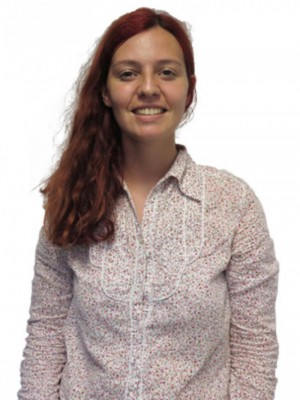resumo
Monoclonal antibodies (mAbs) are of crucial interest for therapeutic purposes, particularly in vaccination and immunization, and in the treatment of life-threatening diseases. However, their downstream processing from the complex cell culture media in which they are produced still requires multiple steps, making mAbs extremely high-cost products. Therefore, the development of cost-effective, sustainable and biocompatible purification strategies for mAbs is in high demand to decrease the associated economic, environmental and health burdens. Herein, novel aqueous biphasic systems (ABS) composed of glycine-betaine analogue ionic liquids (AGB-ILs) and K2HPO4/KH2PO4 at pH 7.0, the respective three-phase partitioning (TPP) systems, and hybrid processes combined with ultrafiltration were investigated and compared in terms of performance as alternative strategies for the purification and recovery of anti-human interleukin-8 (anti-IL-8) mAbs, which are specific therapeutics in the treatment of inflammatory diseases, from Chinese Hamster Ovary (CHO) cell culture supernatants. With the studied ABS, mAbs preferentially partition to the IL-rich phase, with recovery yields up to 100% and purification factors up to 1.6. The best systems were optimized in what concerns the IL concentration, allowing to take advantage of IL-based three-phase partitioning approaches where a precipitate enriched in mAbs is obtained at the ABS interface, yielding 41.0% of IgG with a purification factor of 2.7 (purity of 60.9%). Hybrid processes combining the two previous techniques and an ultrafiltration step were finally applied, allowing the recovery of mAbs from the different fractions in an appropriate buffer solution for further biopharmaceutical formulations, while allowing the simultaneous IL removal and reuse. The best results were obtained with the hybrid process combining TPP and ultrafiltration, allowing to obtain mAbs with a purity higher than 60%. The recyclability of the IL was additionally demonstrated, revealing no losses in the purification and recovery performance of these systems for mAbs. The biological activity of anti-IL-8 mAbs is maintained after the several purification and recovery steps, indicating that the novel ABS, three-phase partitioning and hybrid processes comprising AGB-ILs are promising and sustainable strategies in mAbs downstream processing.
palavras-chave
AQUEOUS BIPHASIC SYSTEMS; BOVINE SERUM-ALBUMIN; 2-PHASE SYSTEMS; INTEGRATED PROCESS; IMMUNOGLOBULIN-G; PURIFICATION; EXTRACTION; SEPARATION; OPTIMIZATION; PROTEINS
categoria
Chemistry; Science & Technology - Other Topics
autores
Capela, EV; Santiago, AE; Rufino, AFCS; Tavares, APM; Pereira, MM; Mohamadou, A; Aires-Barros, MR; Coutinho, JAP; Azevedo, AM; Freire, MG
nossos autores
Grupos
G4 - Materiais Renováveis e Economia Circular
G5 - Materiais Biomiméticos, Biológicos e Vivos
G6 - Materiais Virtuais e Inteligência Artificial
Projectos
CICECO - Aveiro Institute of Materials (UID/CTM/50011/2019)
Towards the improvement of recombinant proteins bioprocessing using ionic liquids (IL2BioPro)
Projeto de Investigação Exploratória: Ana Paula Tavares (IF Ana Paula Tavares)
agradecimentos
This work was developed within the scope of the project CICECO - Aveiro Institute of Materials (UID/CTM/50011/2019), financed by national funds through the FCT/MCTES, and project IL2BioPro (POCI-01-0145-FEDER-030840). The work was also financed by iBB through research unit (UID/BIO/04565/2013) and project PureMab (PTDC/QEQ-PRS/0286/2014). The authors acknowledge the financial support from the European Union Framework Programme for Research and Innovation HORIZON 2020, under the TEAMING Grant agreement No 739572 -The Discoveries CTR. E. V. Capela, A. F. C. S. Rufino and A. P. M. Tavares acknowledge FCT for the PhD grants SFRH/BD/126202/2016 and SFRH/BD/138997/2018, and the research contract IF/01634/2015, respectively. M. G. Freire acknowledges the European Research Council (ERC) for the Starting Grant ERC-2013-StG-337753.







